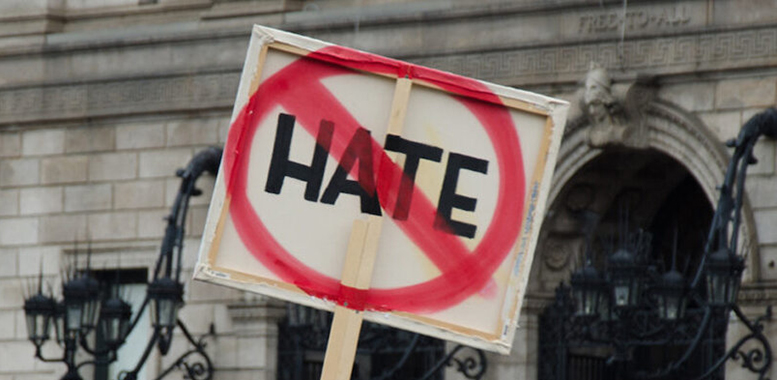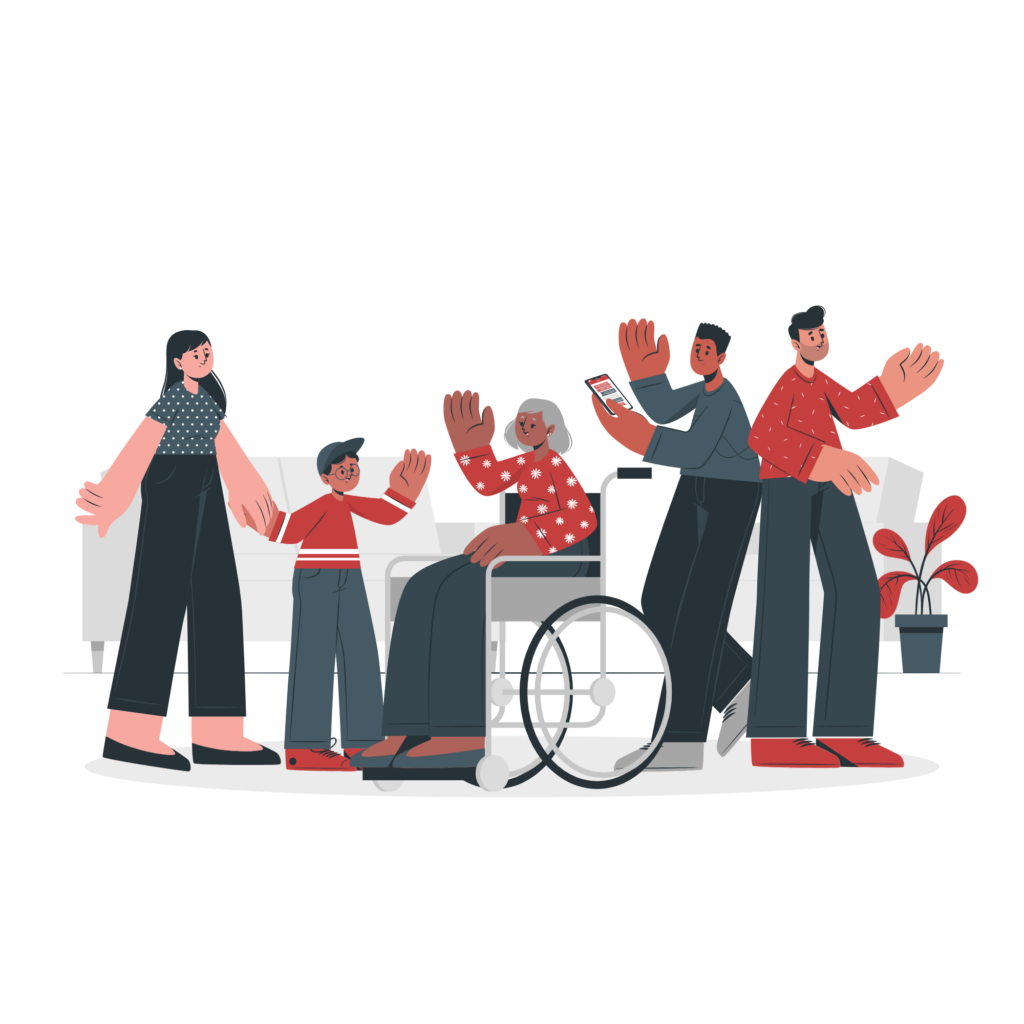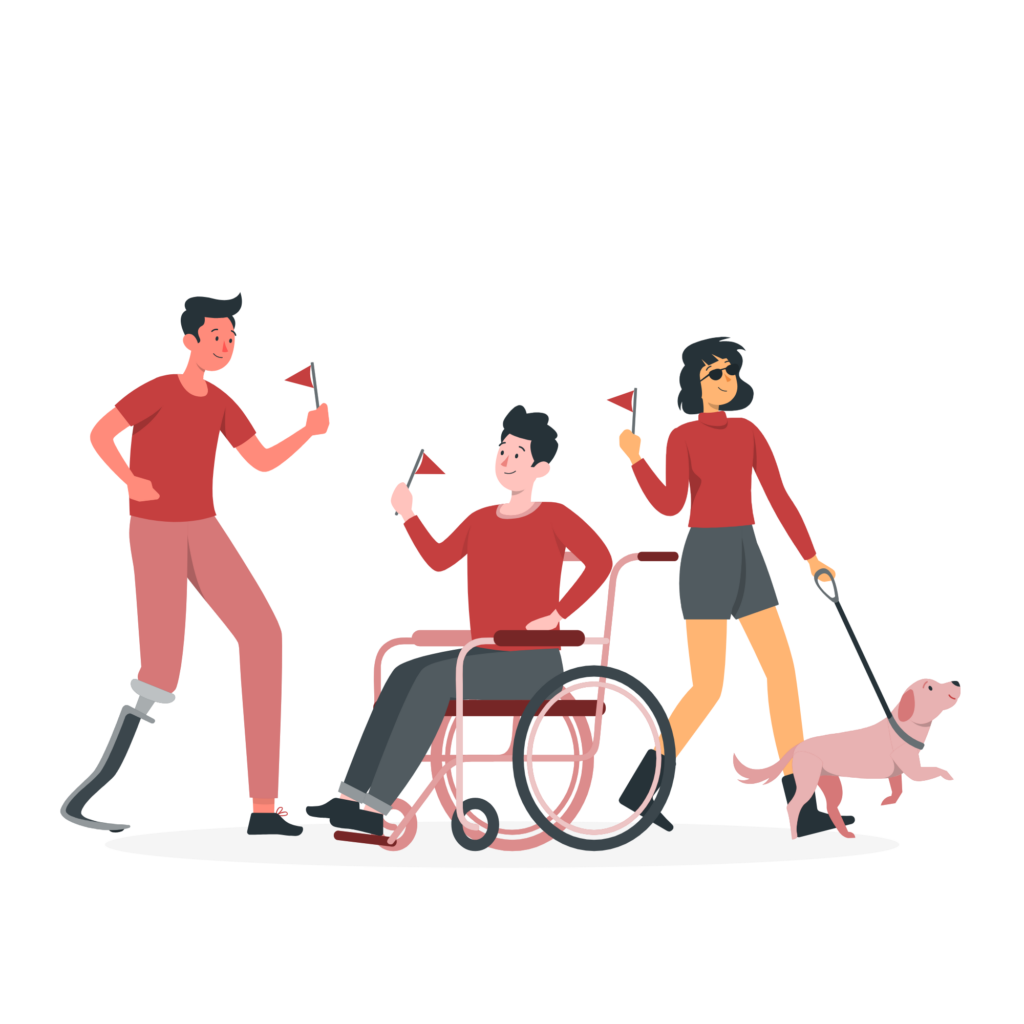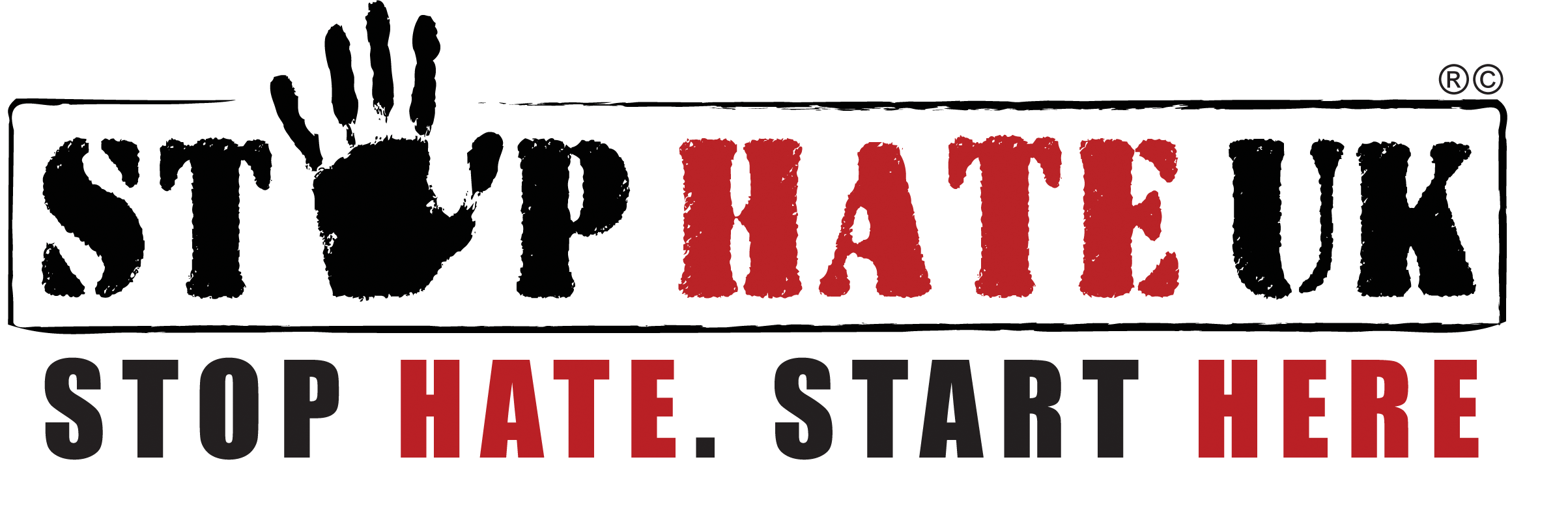About Hate Crime

What is Hate Crime?
A Hate Crime is any criminal offence that is motivated by hostility and prejudice towards a person’s identity or perceived identity. The following are the five nationally monitored strands:
- Disability
- Race
- Religion/Faith
- Sexual Orientation
- Transgender Identity
Anyone can be affected by Hate Crime. You don’t have to be a member of the group to which the hostility is targeted at. You don’t have to be gay to have had homophobic abuse shouted at you. You may not be part of a religion and still have someone target you because they think you are.
Some police forces also record hate incidents based on other personal characteristics such as age or alternative subculture. Alternative subcultures include Goths, Emos, Punks, and other similar groups.
Stop Hate UK monitors beyond the five strands covered by Hate Crime legislation, this includes Gender-based violence, Alternative Subcultures, even Hate against characteristics such as weight and hair colour.
Hate should never be tolerated. Everyone has the right to be themselves. Stop Hate UK is here to support, listen and tackle Hate in all forms.
In 2021, 124,091 hate crimes were recorded by the police in England and Wales, an increase of 9% from 2020 with 105,362 recorded offences.
Home Office, Hate crime, England and Wales, 2020 to 2021
Online Hate

You guys are making a difference.”
Difference between Hate Crime and Hate Incidents
A Hate incident is any incident that the person affected or anyone else believes is based on a person’s identity.
Not all Hate incidents will lead to criminal offences though. One-off incidents such as malicious complaints about parking or abusive gestures may fall short of being a criminal act but if they are repeated, they can become crimes.
Serious offences such as stalking, harassment or coercive behaviour are often made up of incidents that on their own may not be criminal offences. Therefore, it is important to report all incidents, no matter how small, so that everything is documented to prove a pattern of behaviour.
When hate incidents become criminal offences they are known as Hate Crimes. A criminal offence is something that breaks the law.
It is important to report hate incidents, as they can escalate to hate crimes or build up a picture of a pattern of behaviour that can be charged as a criminal offence.
Stop Hate UK take all hate incidents seriously.

Examples of Hate Crime
Any criminal offence can be a Hate Crime if it was carried out because of hostility or prejudice based on disability, race, religion, transgender identity, or sexual orientation:
- physical assault
- verbal abuse
- criminal damage to property or possession
- harassment
- murder
- sexual assault
- theft
- fraud
- burglary
- hate mail (Malicious Communications Act 1988)
- causing harassment, alarm, or distress (Public Order Act 1986).
- online abuse for example on Facebook or Twitter
- displaying or circulating discriminatory literature or posters
- graffiti
- arson
When something is classed as a Hate Crime, the judge can impose a tougher sentence on the offender under the Crime and Disorder Act 1998 and the Criminal Justice Act 2003.
In 2020-21, 86% of hate crimes cases CPS prosecuted led to a conviction or guilty plea.
Crown Prosecution Service
Laws on Hate Crimes in the UK
The five strands of identities are covered by legislation. The legislation allows for a sentence uplift to increase the sentence for those convicted of a Hate Crime.
Crime and Disorder Act 1998 (Sections 28-32) made Race and Religiously motivated crimes specific offences (e.g. racially aggravated ABH).
Criminal Justice Act 2003 (Sections 145 and 146) treats hate-motivated crimes relating to Gender Identity, Sexual Orientation, and Disability as aggravating features, incurring increased sentences.
Equality Act 2010
In 2010, UK Parliament passed the Equality Act, which provided a legal framework to protect the rights of individuals and advance equality of opportunity for all. The Equality Act 2010 provides the UK with a discrimination law that protects individuals from unfair treatment and promotes a fair and more equal society. The protected characteristics include age, disability, gender reassignment, marriage and civil partnership, pregnancy and maternity, race, religion or belief, sex, sexual orientation.

and for being there with your very much appreciated advice.”
Related Content
Our 24 Hour Reporting Services
Learn about Stop Hate UK’s 24 Hour Reporting Services
Online Hate Crime
Learn more about online Hate Crimes.

